Generator.x 3.0 : from code to atoms
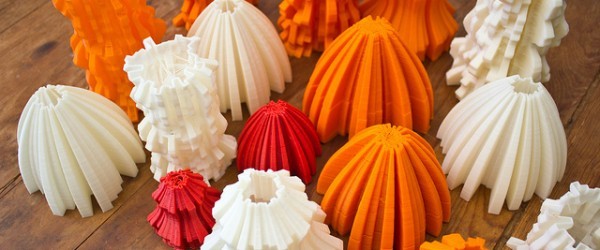
An openLAB Masterclass with Marius Watz
Participants will explore how software processes can be combined with digital fabrication to produce physical objects that are the result of dynamic software systems, opening new fields for artists, designers and other creative people. Specifically, we will look at how generative systems can be used to create objects according to a programmed logic, allowing for great complexity and a semi-automated model of creativity.
Digital fabrication drastically changes manufacturing by democratizing access to industrial tools as well as changing the way objects are produced, opening the door for the on-demand creation of bespoke objects. Combined with the “craft” of code it becomes possible to directly connect parametric software processes to an instant manufacturing workflow, turning bits into atoms and introducing a paradigm that is radically different from traditional 3D modeling.
Generative systems shift the focus from static models towards a computational logic – what Bruce Sterling calls processuality. Here objects are understood as mere instances of a family of forms, produced by a specific interaction of parameters. Such forms may be data-driven or created through interactive means, adapting to conditions coded into the system. The artist becomes a “gardener” of possible forms, harvesting desirable results in an iterative process of coding and prototyping.
This openLAB is the evolution of ‘Generator.x 2.0: Beyond the Screen’, a workshop and exhibition that took place in Berlin during Transmediale 2008. Generator.x is a curatorial platform set up to explore the implications of computational aesthetics, and these workshops are intended to function both as discourse and practice.
For Brussels in 2012 we propose to use the latest low-cost 3D Printers (Makerbots) as well as a large and powerful laser cutter machine. The main software tool will be Processing (http://www.processing.org), but we also welcome users of other coding tools like VVVV, PD or OpenFrameworks. The workshop will be hands-on and geared towards producing projects ready for exhibition at the end of the project. Participants will be expected to be familiar with code and generative strategies (pairs of participants with complementary skills are welcome, eg. a visual artists/designer and a developer). There will be an introduction reminding certain software techniques as well as software and hardware assistants helping the participants in the elaboration and production of their own work. For generating the files driving the Makerbot printers, we will also use the Magics software supplied by Materialise.
The openLAB masterclass
In 2005, iMAL initiated its first openLAB, which proved to be a huge success. After the openLAB Projections on forms and spaces led by HC Gilje in 2011, this openLAB will be first one around digital fabrication.
The openLAB masterclass is an intensive workshop based on the projects of the participants. After a preliminary selection through a call for projects, the participants will bring their ideas to fruition during a workshop week (Production Lab). The results will then be presented and documented in a public exhibition.
Before the Production Lab itself, the participants, together with the workshop leader and iMAL team, will develop, refine and discuss their projects through an online collaborative platform. This preparatory process should bring together participants into maximum 5 to 6 groups, and associated projets to be further developed. During the production phase, a team of assistants will help the participants in the making of the final projects.
About Marius Watz
Bruce Sterling in Generator Everything, July 2011:
"Certain human aspects are pretty much guaranteed: If Marius Watz programmed it, then it is going to be vivid, it's going to be crisp, spiky and angular; it will be fast, bright and noisy, and there's going to be a whole, whole lot of it (he calls this “visual hedonism”).
[...]
It will be violently demonstrating imagery beyond the ability of the human mind to conceive (“computational creativity as the truly alien”).
So the display of Watz art will be—how does one put this? —sensually challenging. It may be, at times, almost impossible to watch. That was his choice.
In the Generator.x philosophy, the generative code is the rock-solid core of the effort, it is the frank expression of the artist's will. It's not “film,” because it's software. It's not “special” or an “effect”—what was once an “effect” has conquered the screen completely; it's become the means of production."
Marius Watz is a Norwegian artist working with visual abstraction through generative systems. An autodidact, he quit his Computer Science studies to pursue visual work based on code. He is known for his bold use of colors and hard-edged geometric compositions. Recently he has been exploring digital fabrication technologies to create complex abstract forms and structures, synthesizing form as the product of parametric behaviors and freezing ephemeral data structures into solid form.
In 2005 Watz founded Generator.x, a curatorial platform that has resulted in a series of events related to generative art and design. Generator.x 1.0 was a conference at Atelier Nord in Oslo, accompanied by a travelling exhibition organized by the Norwegian National Museum that lasted until the end of 2007. Generator.x 2.0: Beyond the Screen was a workshop and exhibition produced in collaboration with the Club Transmediale 2008 festival in Berlin, focusing on digital fabrication and computational architecture. It ended with a public exhibition at [DAM] gallery, Berlin.
In 2011, Watz was the first artist-in-residence at MakerBot Industries in New York, a leading company in personal DIY 3d Printers. He is also a lecturer at the Oslo School of Architecture and Design.
More on Marius:
Official: mariuswatz.com
Work: www.unlekker.net
Blog: www.generatorx.no
Play: www.evolutionzone.com
See pictures of Marius’ digital fabrication projects on his flickr stream.
Practical Info
Exhibition
February 25-26th, 12:00-18:00
Opening on Friday 24th, 18:00
Free entrance!
Workshop / Production Lab
February 18-24th
Workshop Fee : 50€
(weekend lunches + drinks included)
Registration closed
Follow work in progress on wikimal!
Location:
The workshop and exhibition takes place at iMAL:
30, Quai des Charbonnages/Koolmijnenkaai
1080 Brussels
BELGIUM
Parallel event in Brussels
Marius Watz: Mark Making
Exhibition at MediaRuimte
29.02 > 31.03.12
+ opening & concert 25.02, 20:00
Media Gallery <>
View on Youtube 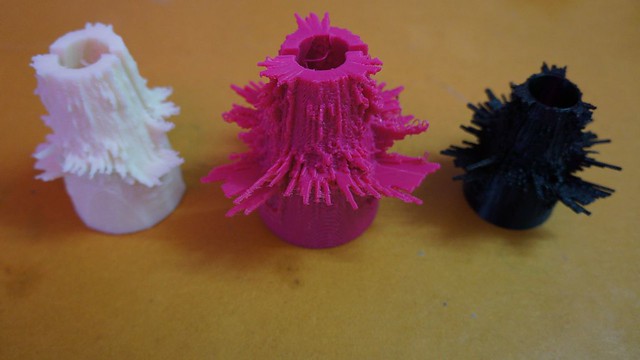
Generator.x 3.0. View on Flickr 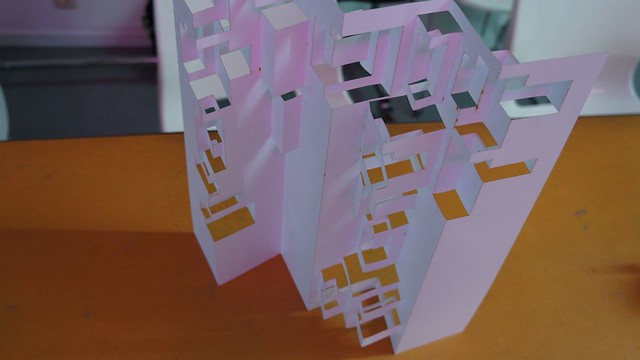
Generator.x 3.0. View on Flickr 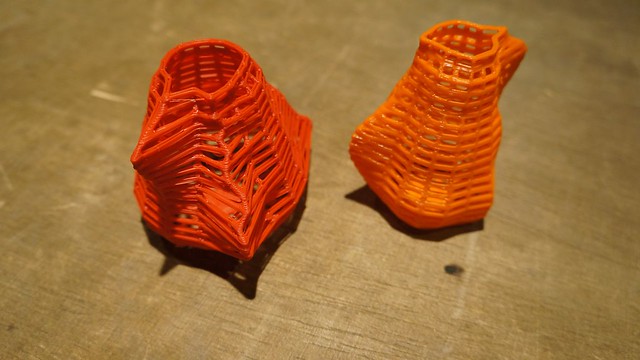
Generator.x 3.0. View on Flickr 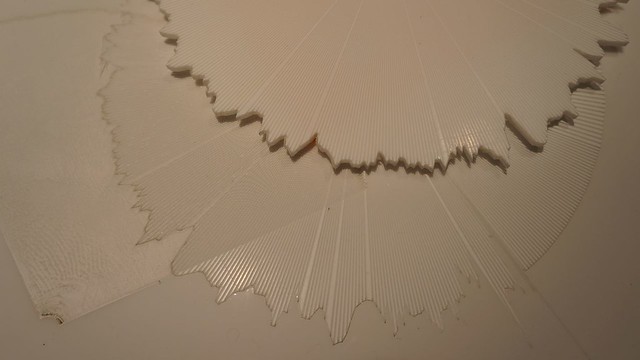
Generator.x 3.0. View on Flickr 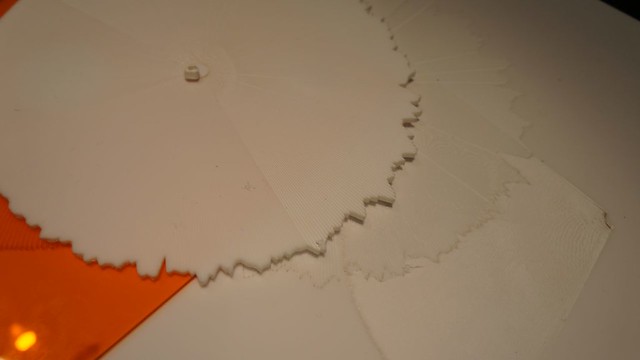
Generator.x 3.0. View on Flickr 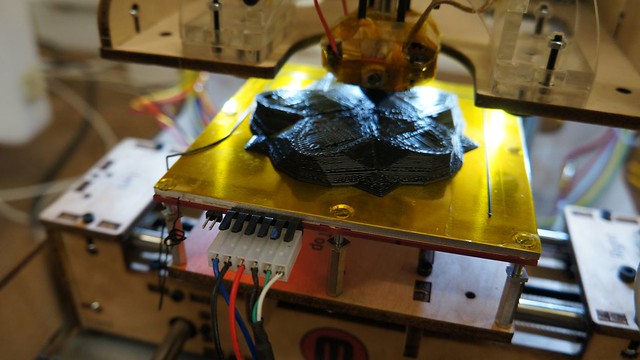
Generator.x 3.0. View on Flickr 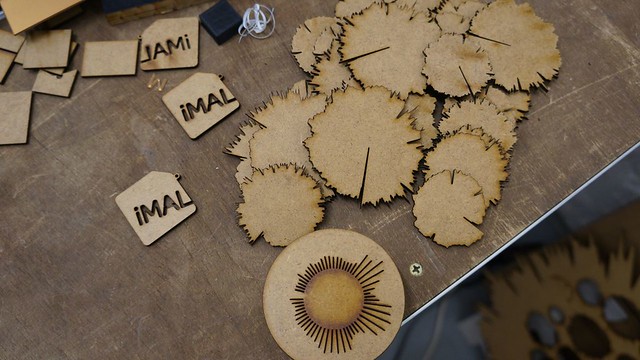
Generator.x 3.0. View on Flickr 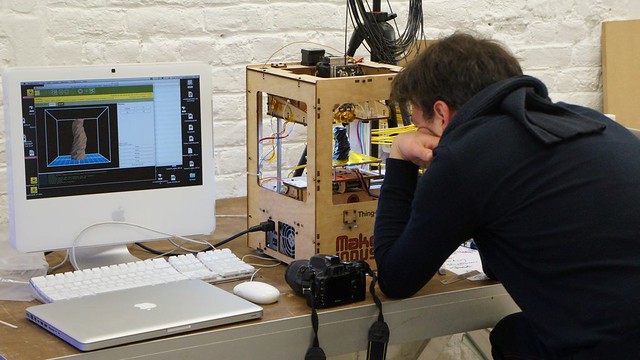
Generator.x 3.0. View on Flickr 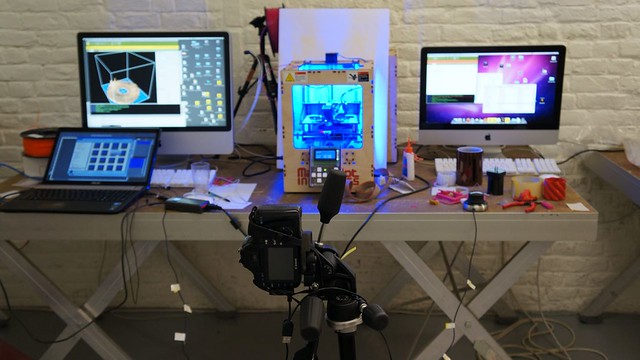
Generator.x 3.0. View on Flickr 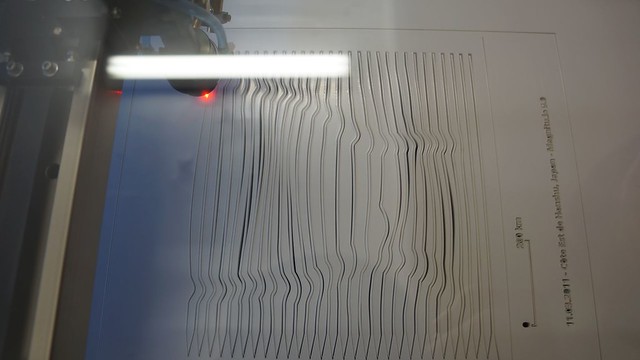
Generator.x 3.0. View on Flickr 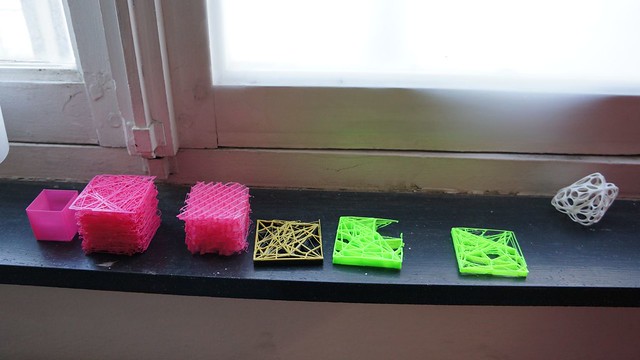
Generator.x 3.0. View on Flickr 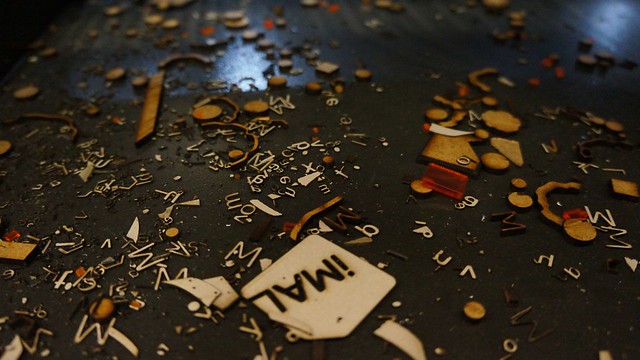
Generator.x 3.0. View on Flickr 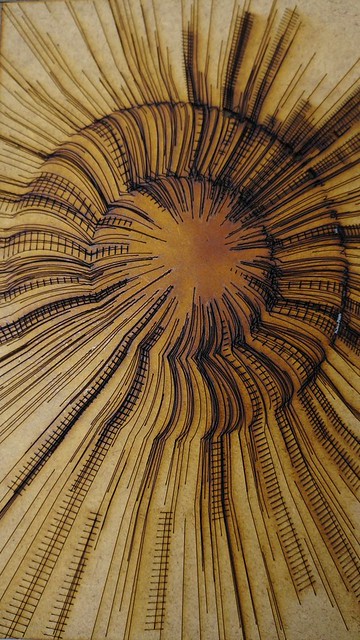
Generator.x 3.0. View on Flickr 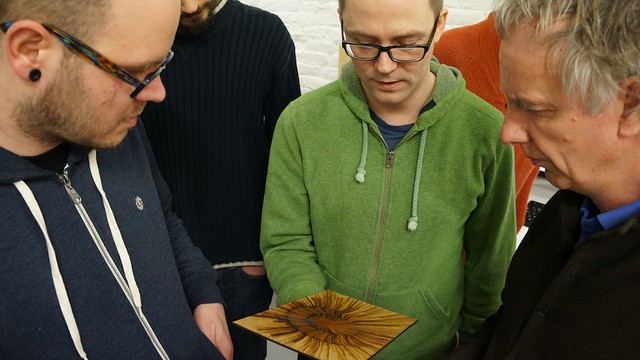
Generator.x 3.0. View on Flickr 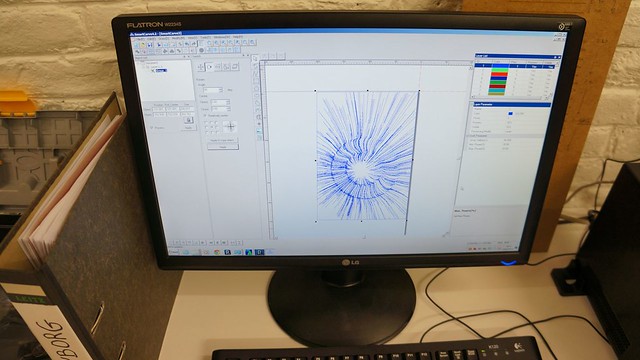
Generator.x 3.0. View on Flickr 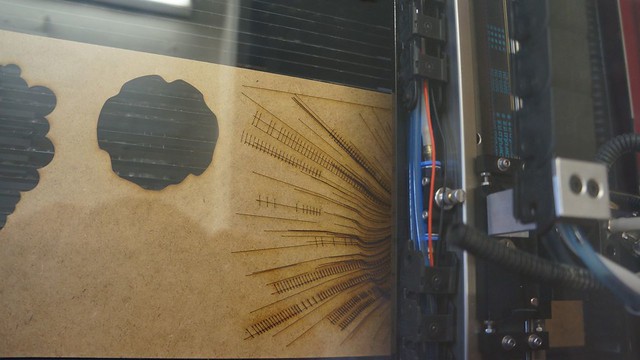
Generator.x 3.0. View on Flickr 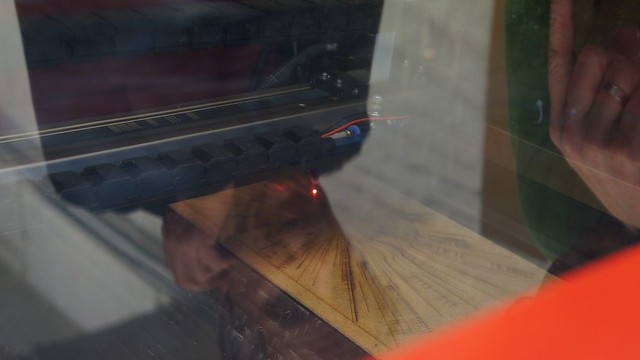
Generator.x 3.0. View on Flickr 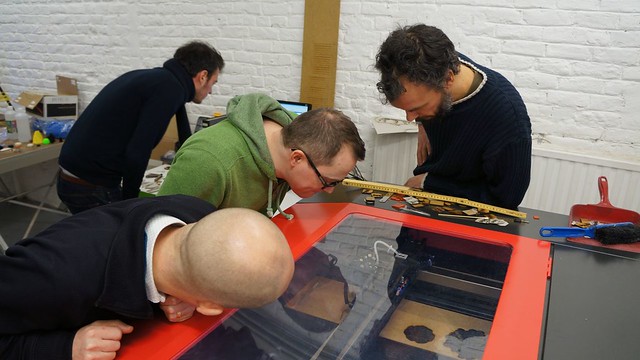
Generator.x 3.0. View on Flickr 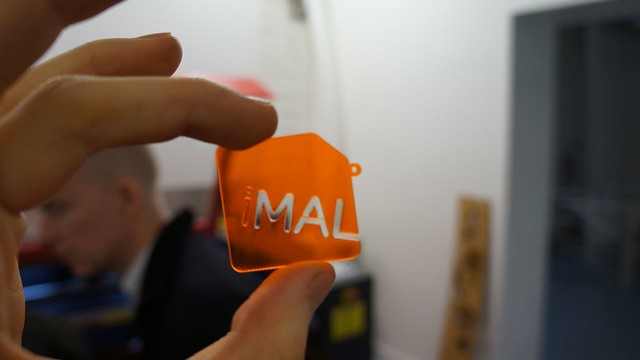
Generator.x 3.0. View on Flickr 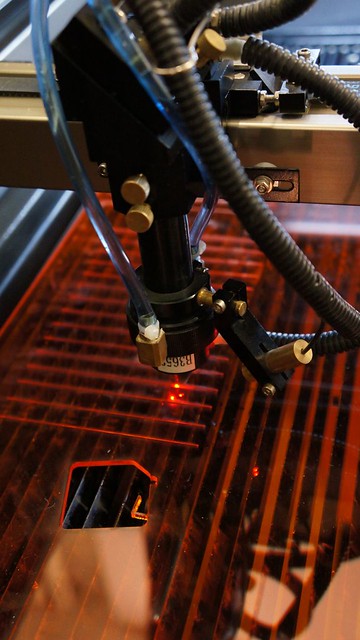
Generator.x 3.0. View on Flickr 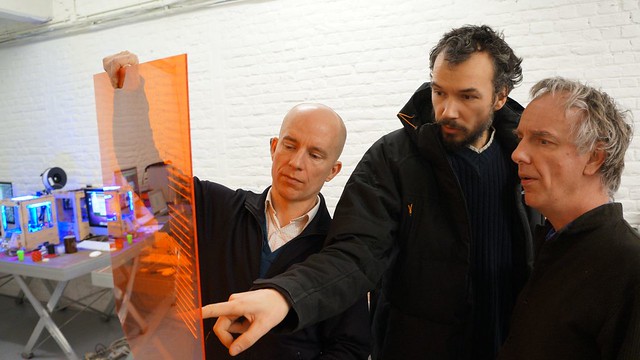
Generator.x 3.0. View on Flickr 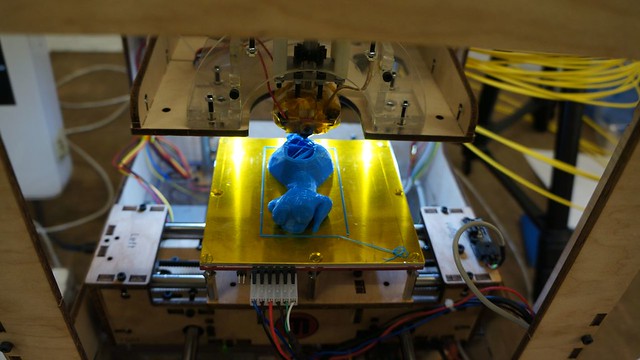
Generator.x 3.0. View on Flickr 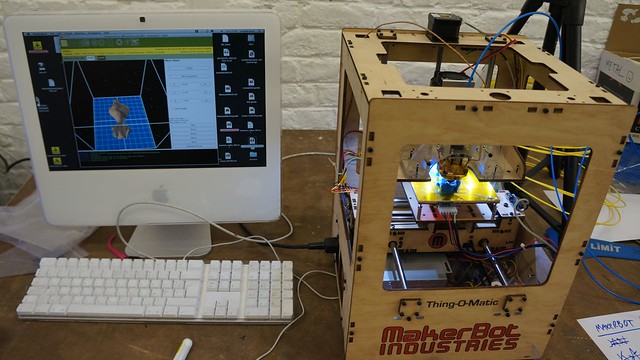
Generator.x 3.0. View on Flickr 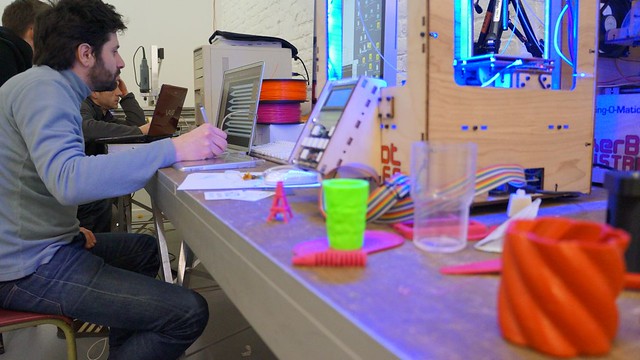
Generator.x 3.0. View on Flickr 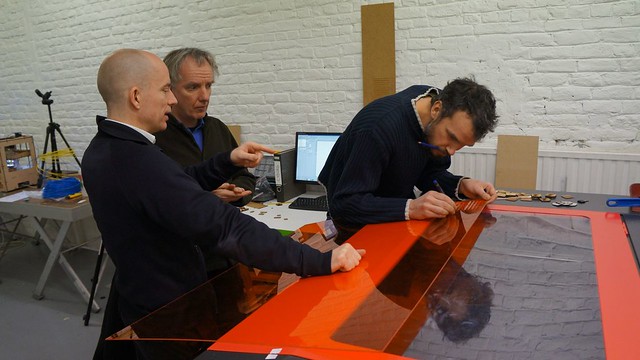
Generator.x 3.0. View on Flickr 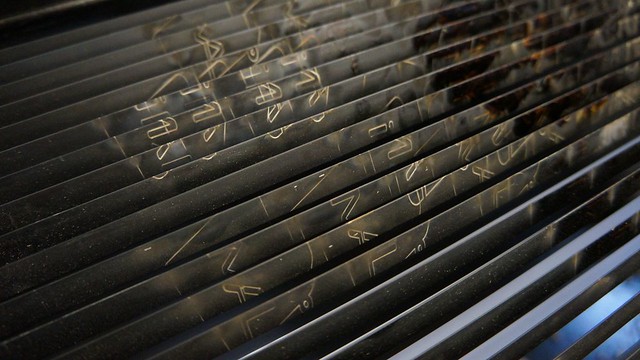
Generator.x 3.0. View on Flickr 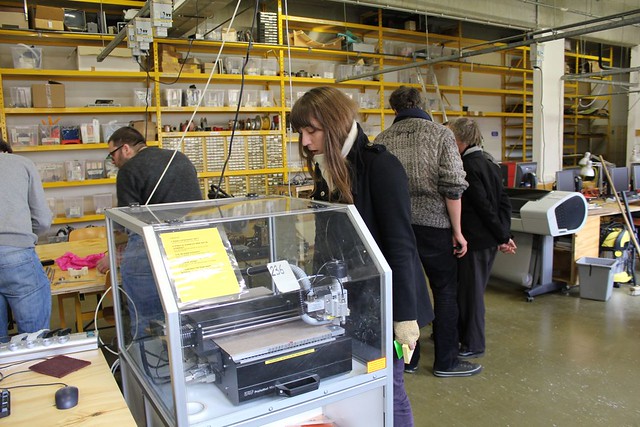
Fablab XL. View on Flickr 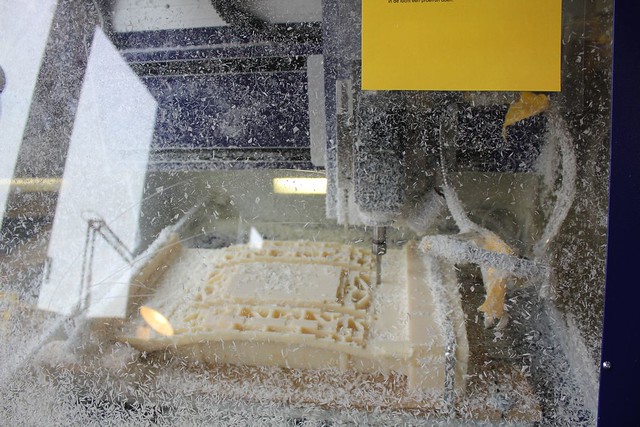
Fablab XL. View on Flickr 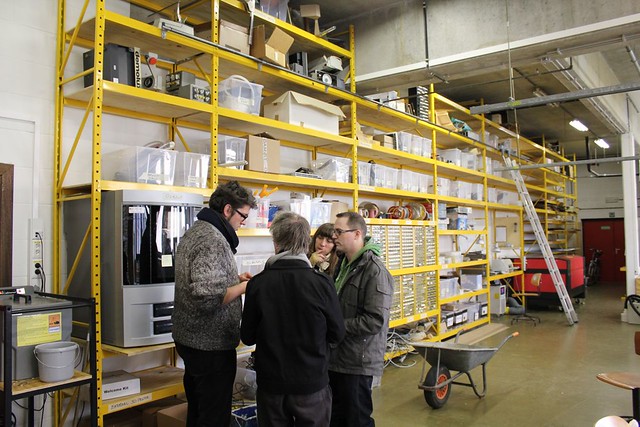
Fablab XL. View on Flickr 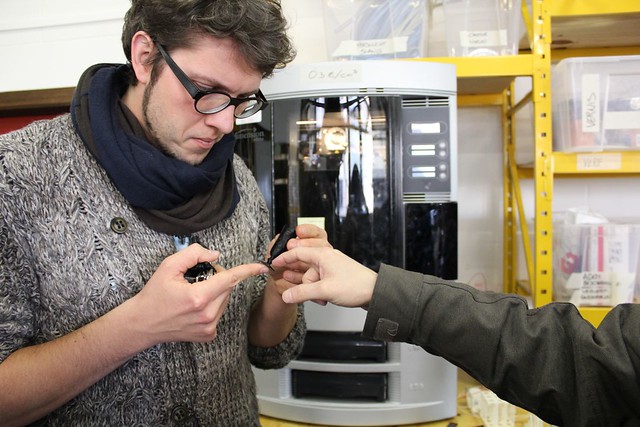
Fablab XL. View on Flickr 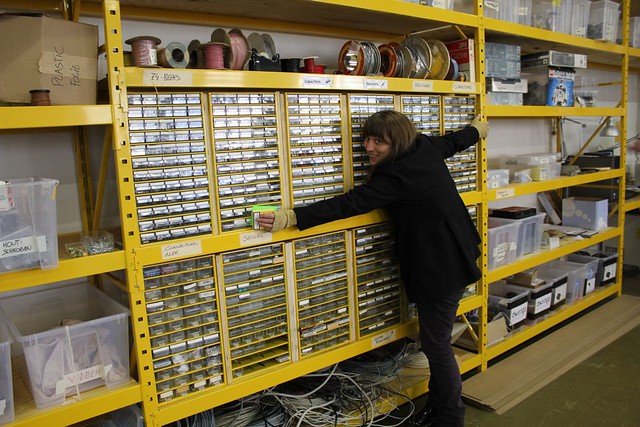
Fablab XL. View on Flickr 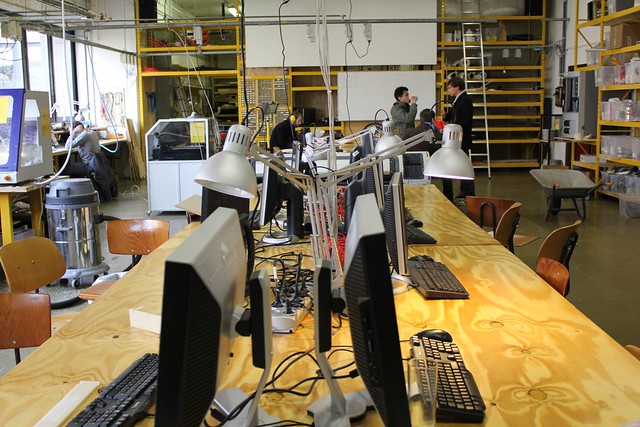
Fablab XL. View on Flickr 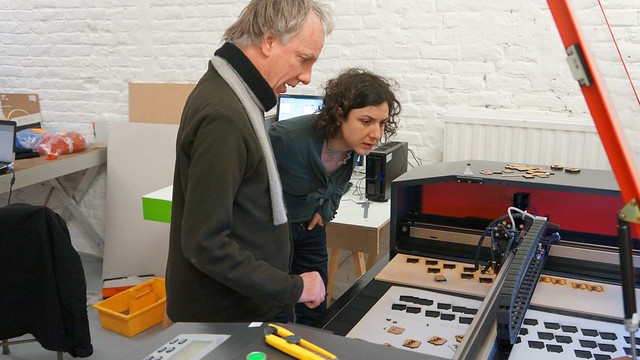
Generator.x 3.0. View on Flickr 
Generator.x 3.0. View on Flickr 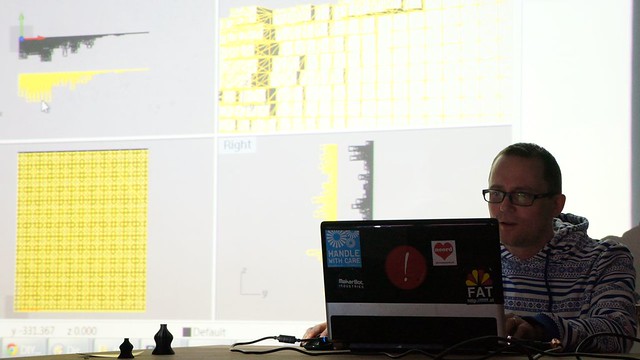
Generator.x 3.0. View on Flickr 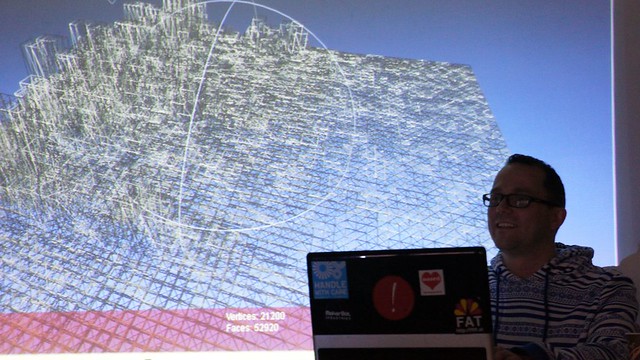
Generator.x 3.0. View on Flickr 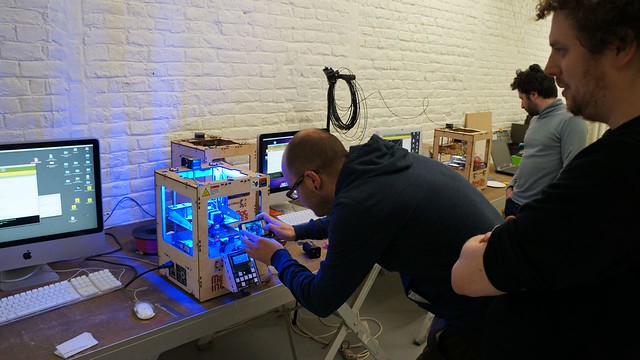
Generator.x 3.0. View on Flickr 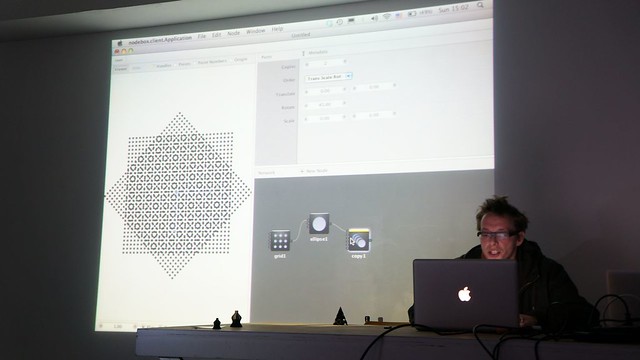
Generator.x 3.0. View on Flickr 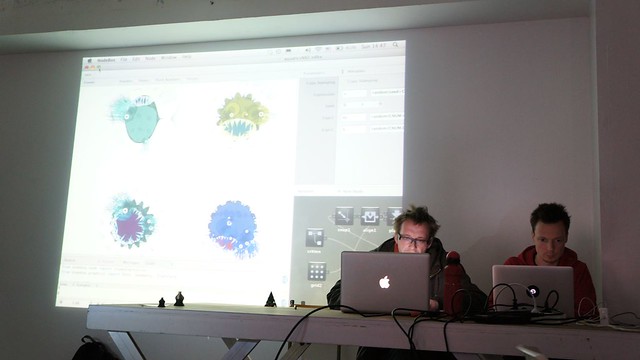
Generator.x 3.0. View on Flickr 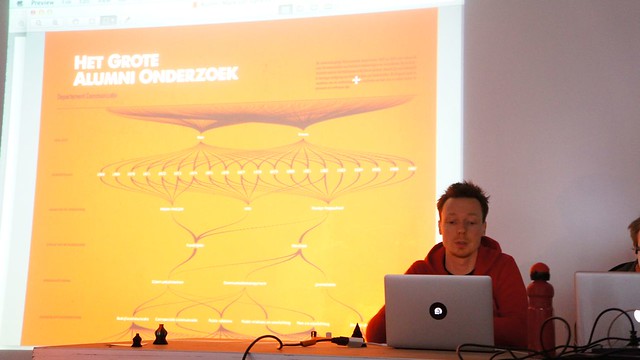
Generator.x 3.0. View on Flickr 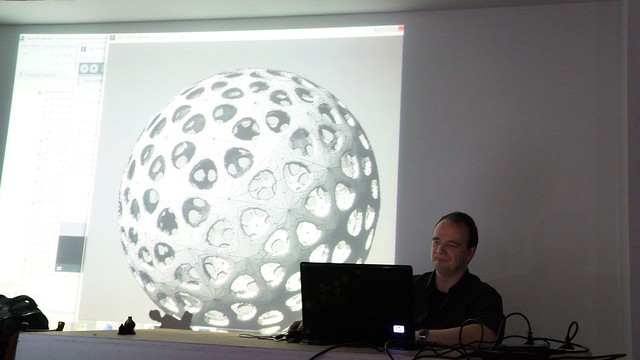
Generator.x 3.0. View on Flickr 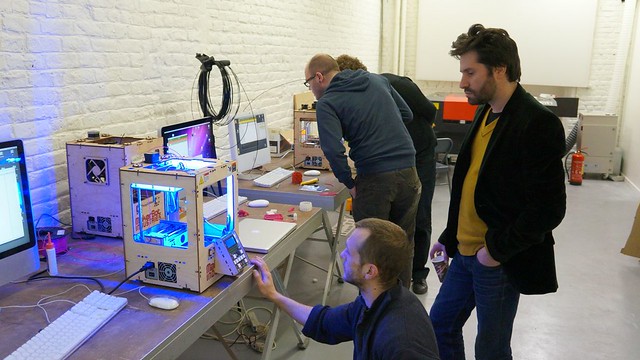
Generator.x 3.0. View on Flickr 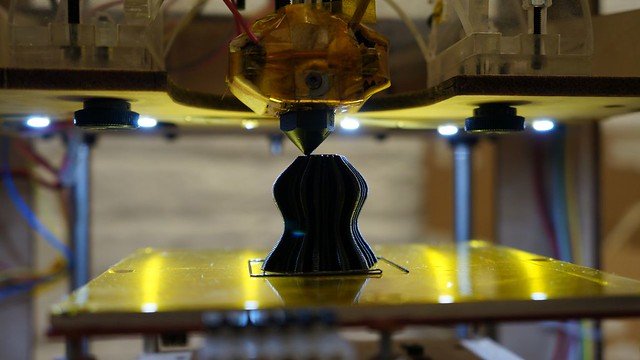
Generator.x 3.0. View on Flickr 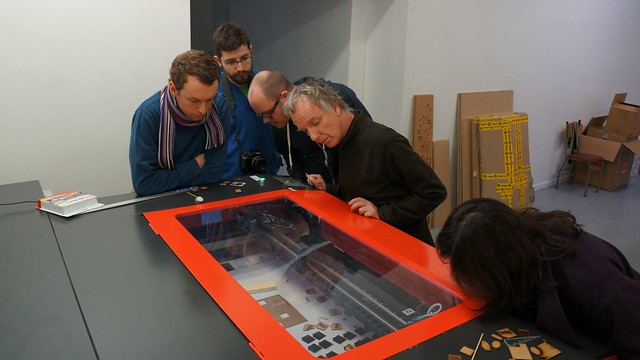
Generator.x 3.0. View on Flickr 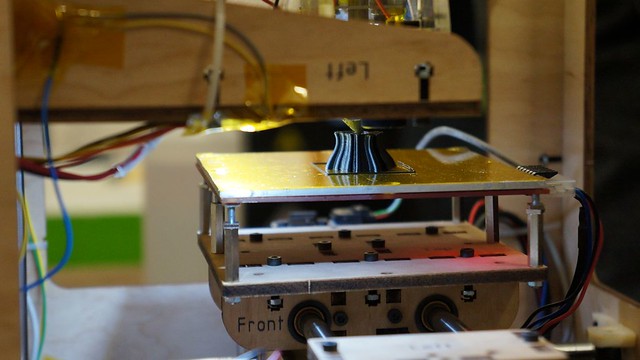
Generator.x 3.0. View on Flickr 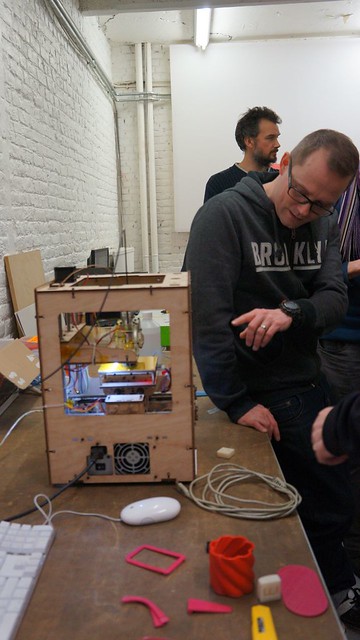
Generator.x 3.0. View on Flickr 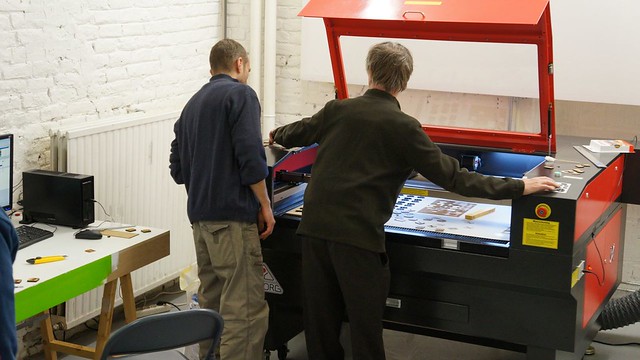
Generator.x 3.0. View on Flickr 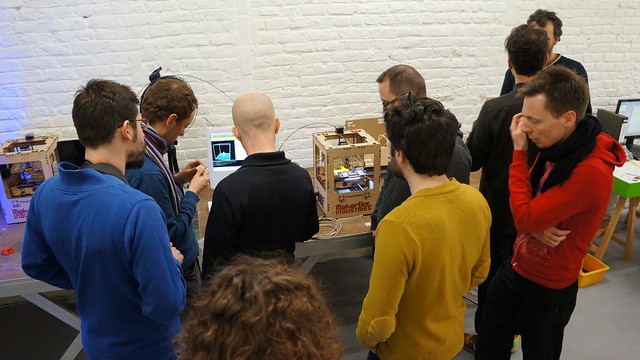
Generator.x 3.0. View on Flickr 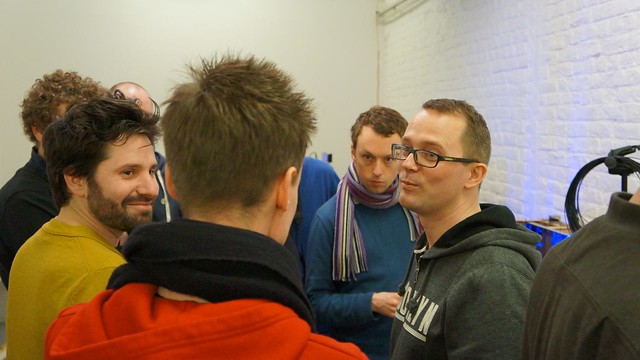
Generator.x 3.0. View on Flickr 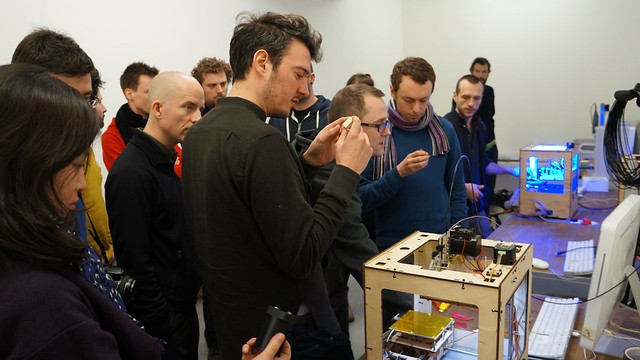
Generator.x 3.0. View on Flickr 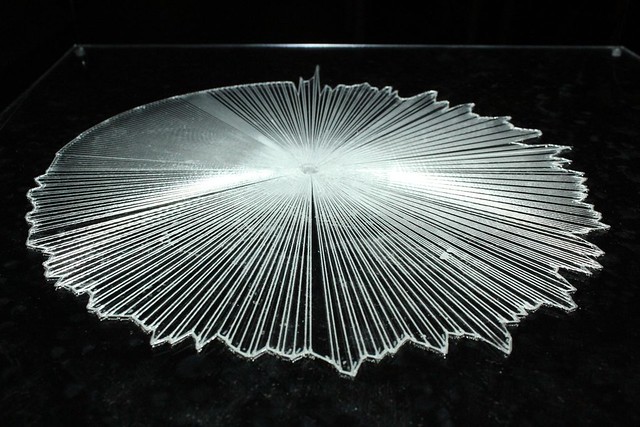
Generator.x 3.0. View on Flickr 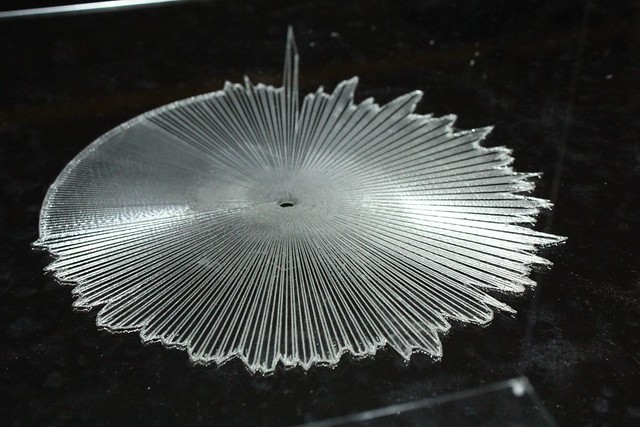
Generator.x 3.0. View on Flickr 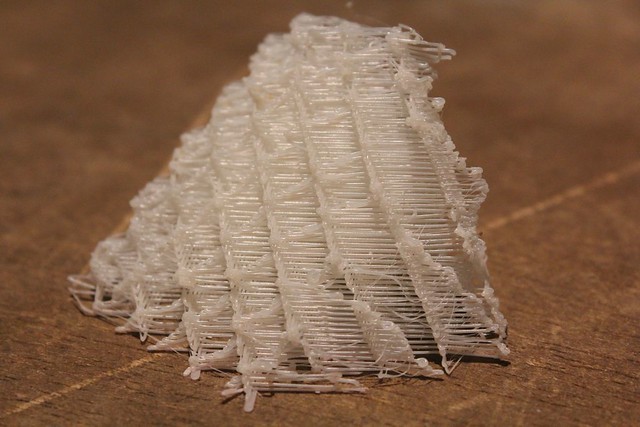
Generator.x 3.0. View on Flickr 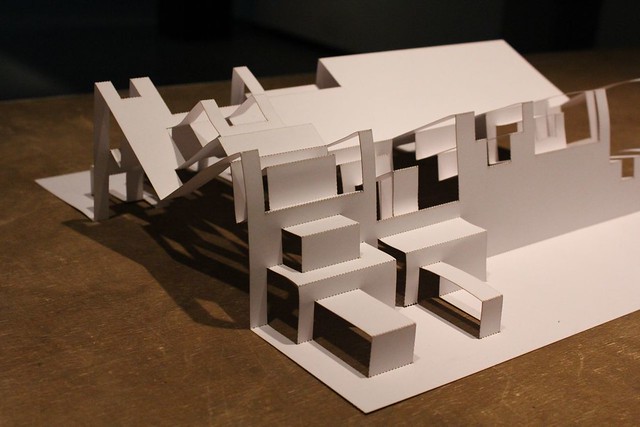
Generator.x 3.0. View on Flickr 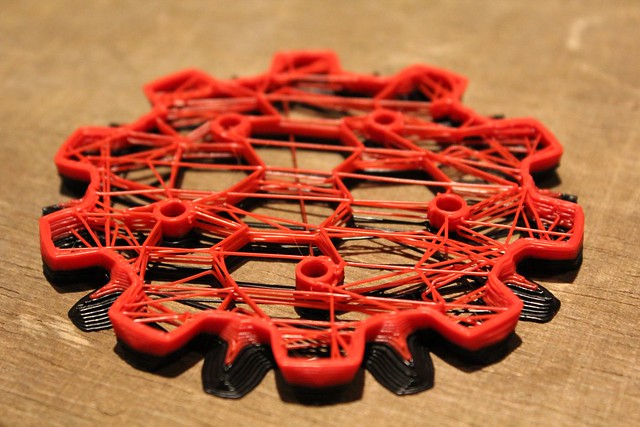
Generator.x 3.0. View on Flickr 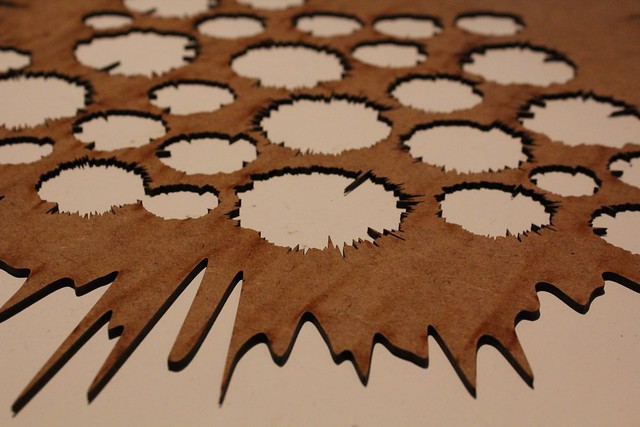
Generator.x 3.0. View on Flickr 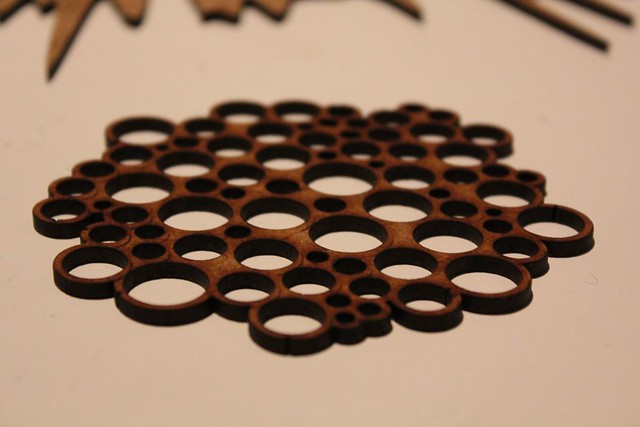
Generator.x 3.0. View on Flickr 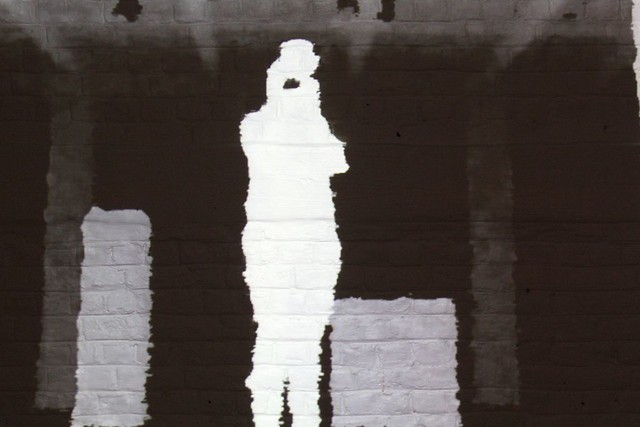
Generator.x 3.0. View on Flickr 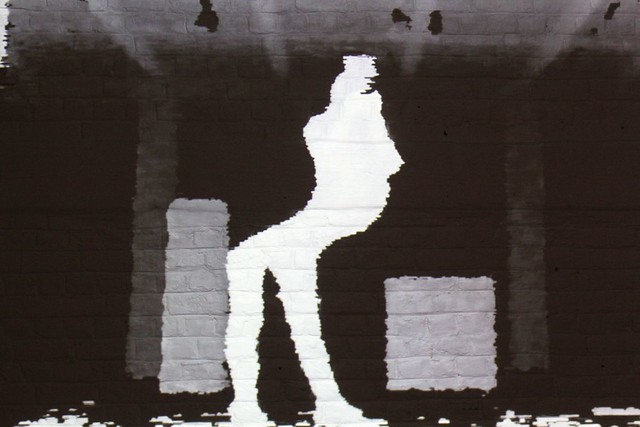
Generator.x 3.0. View on Flickr 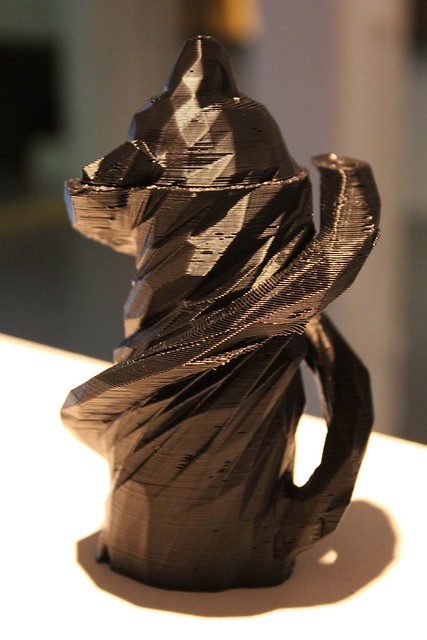
Generator.x 3.0. View on Flickr 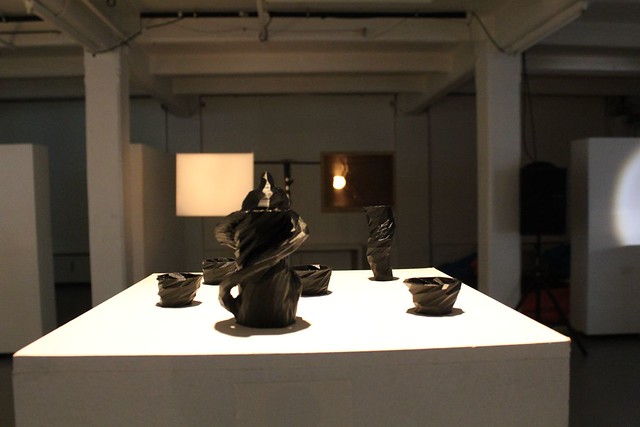
Generator.x 3.0. View on Flickr 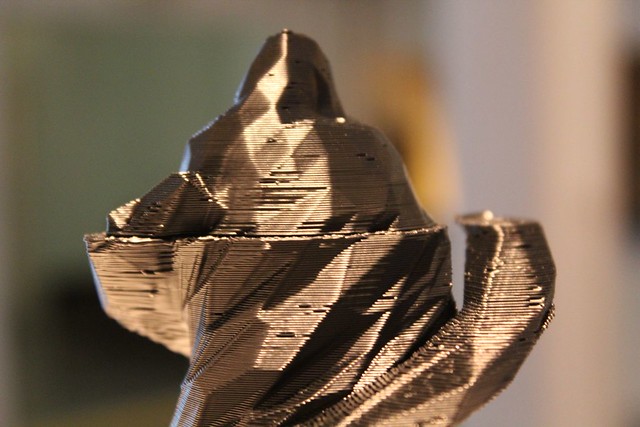
Generator.x 3.0. View on Flickr 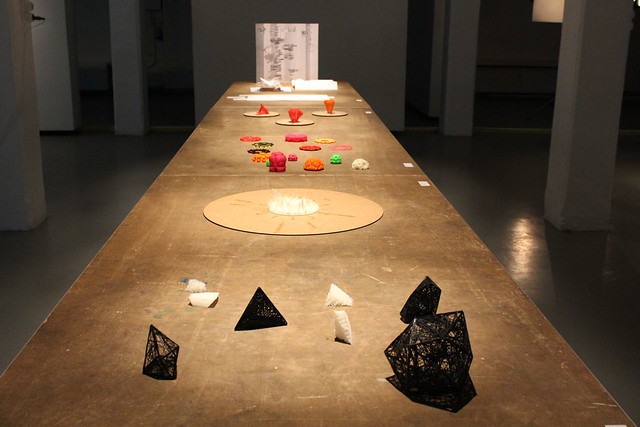
Generator.x 3.0. View on Flickr 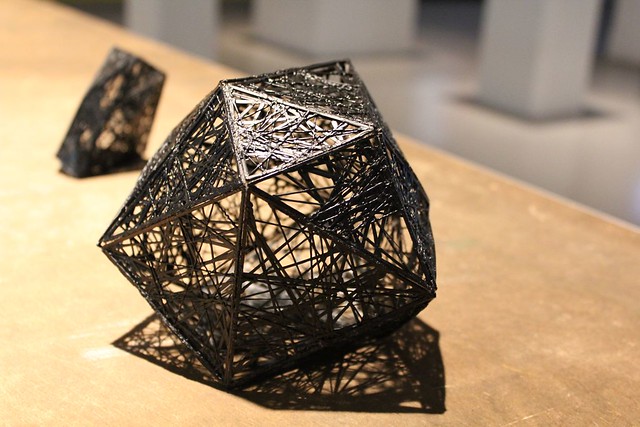
Generator.x 3.0. View on Flickr 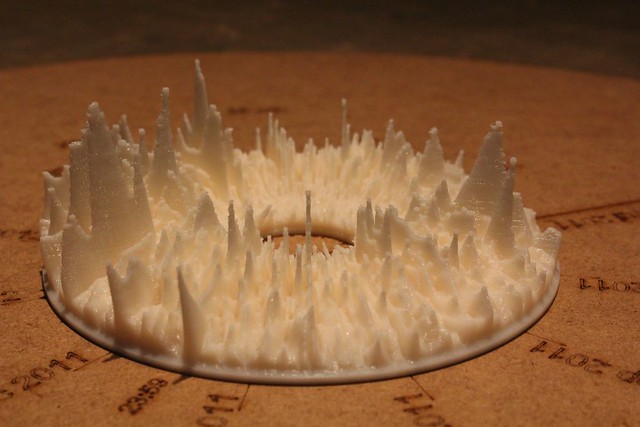
Generator.x 3.0. View on Flickr 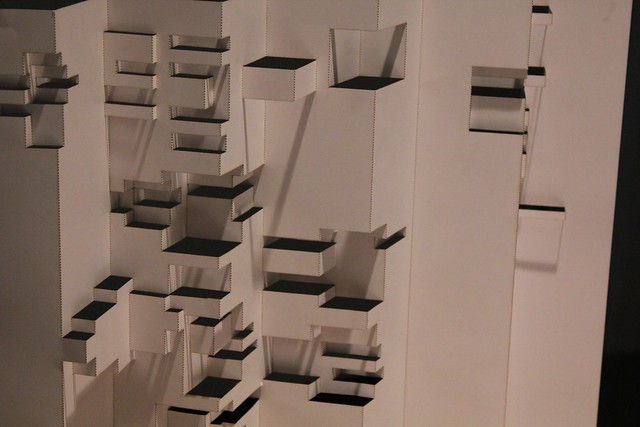
Generator.x 3.0. View on Flickr 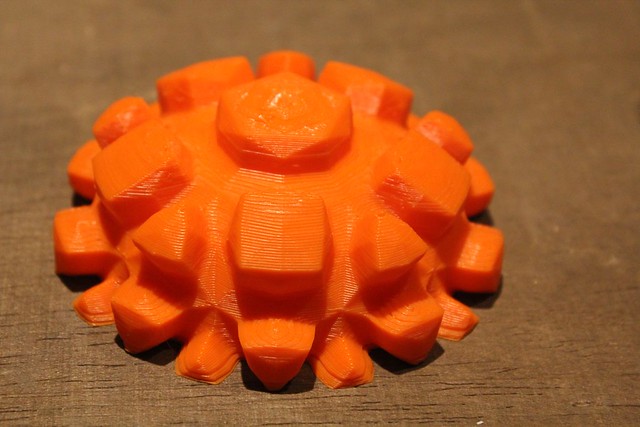
Generator.x 3.0. View on Flickr 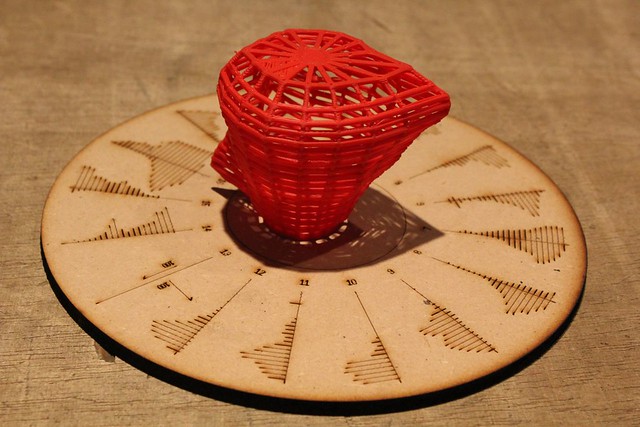
Generator.x 3.0. View on Flickr 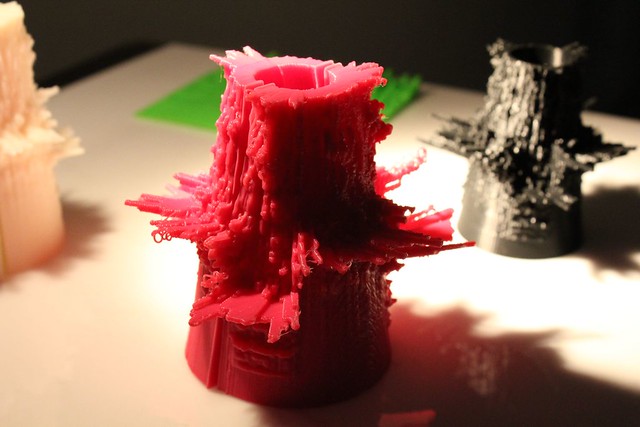
Generator.x 3.0 exhibition. View on Flickr 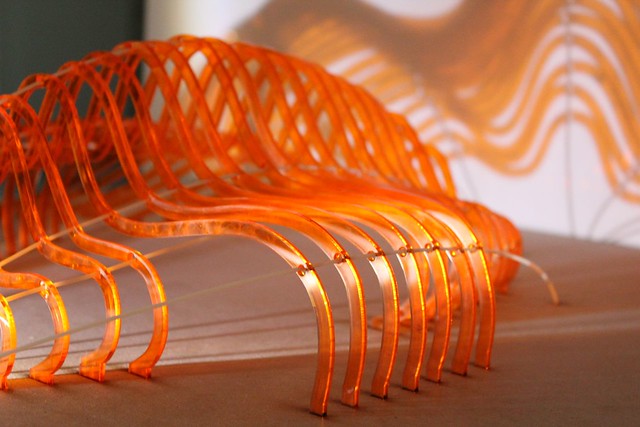
Generator.x 3.0 exhibition. View on Flickr 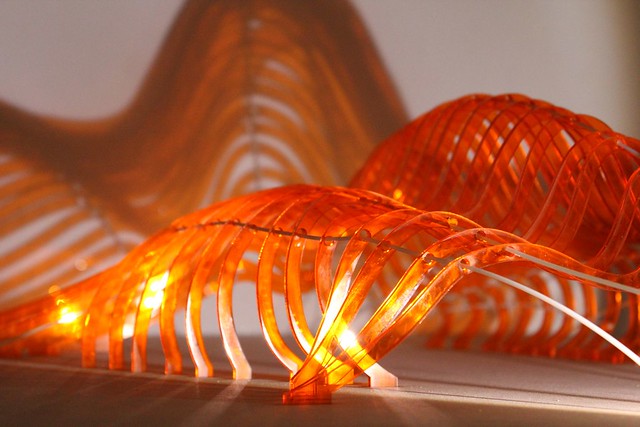
Generator.x 3.0 exhibition. View on Flickr 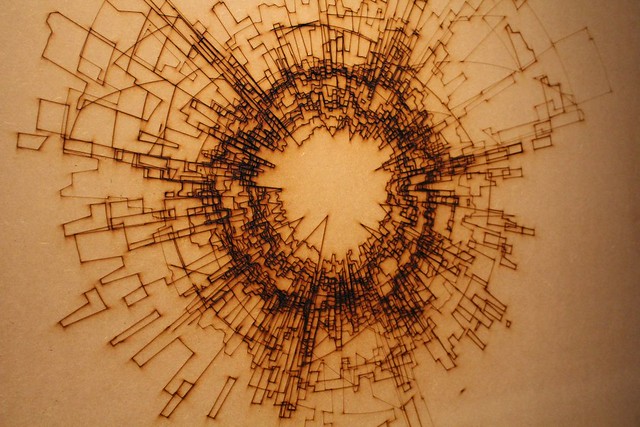
Generator.x 3.0 exhibition. View on Flickr 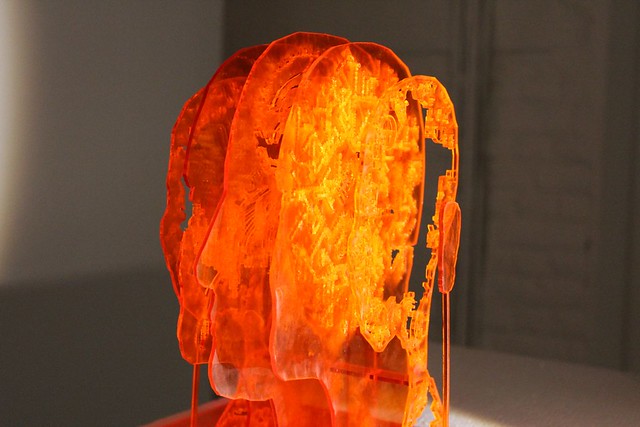
Generator.x 3.0 exhibition. View on Flickr 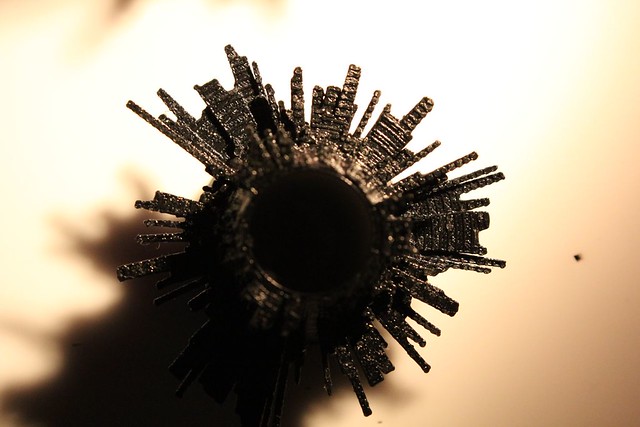
Generator.x 3.0 exhibition. View on Flickr 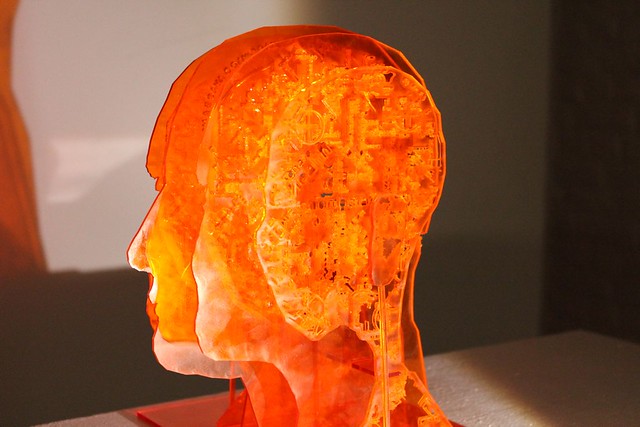
Generator.x 3.0 exhibition. View on Flickr 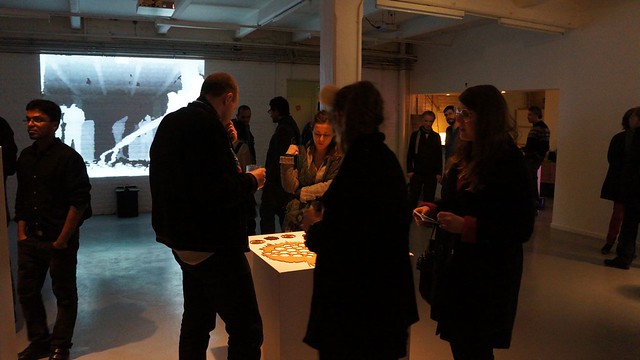
Generator.x 3.0 Opening. View on Flickr 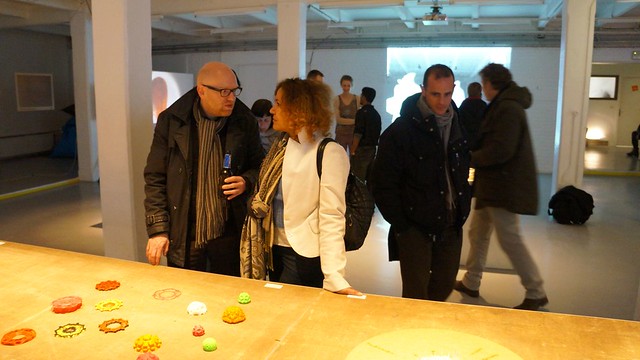
Generator.x 3.0 Opening. View on Flickr 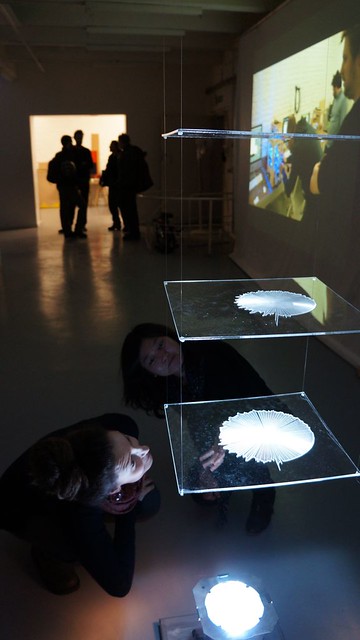
Generator.x 3.0 Opening. View on Flickr 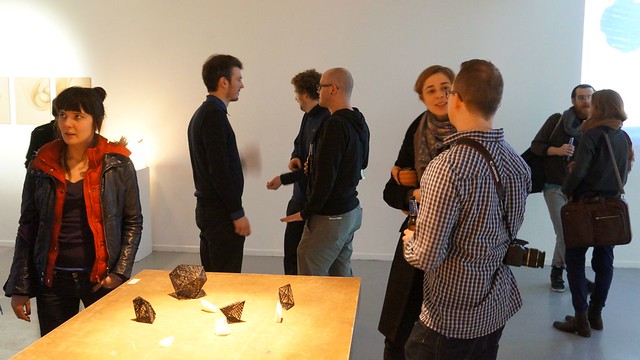
Generator.x 3.0 Opening. View on Flickr 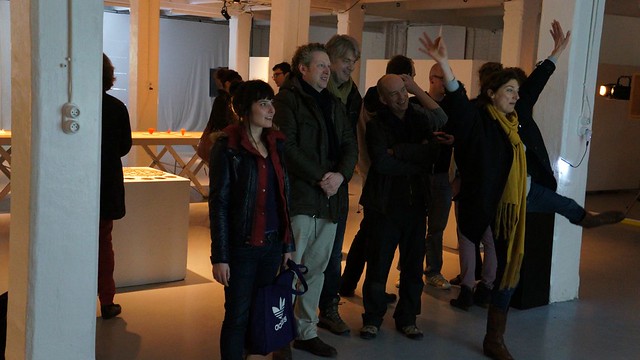
Generator.x 3.0 Opening. View on Flickr 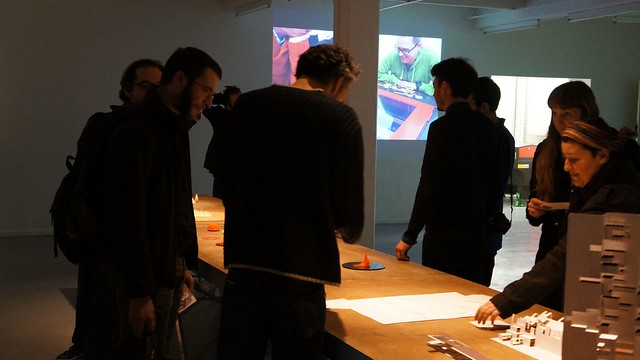
Generator.x 3.0 Opening. View on Flickr 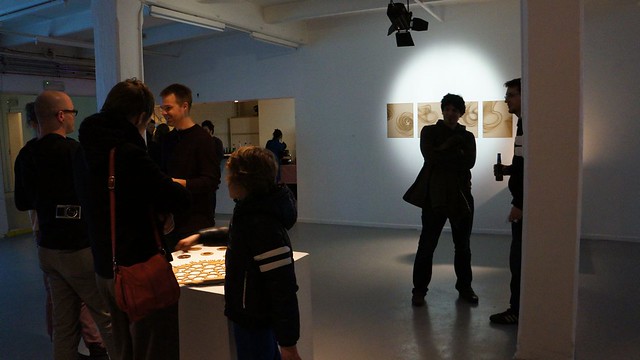
Generator.x 3.0 Opening. View on Flickr 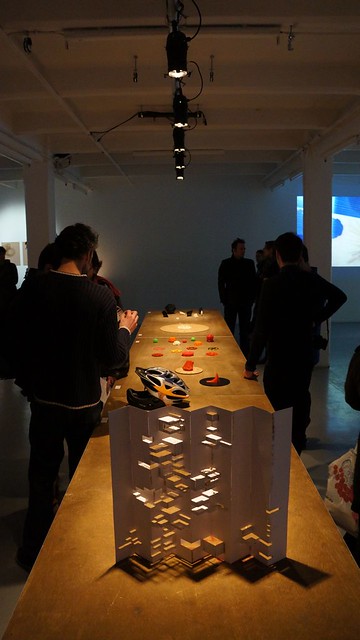
Generator.x 3.0 Opening. View on Flickr 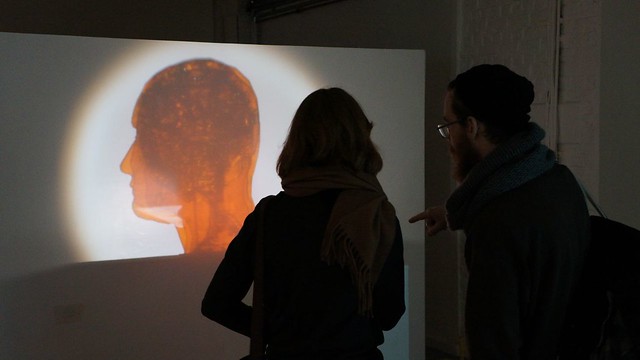
Generator.x 3.0 Opening. View on Flickr 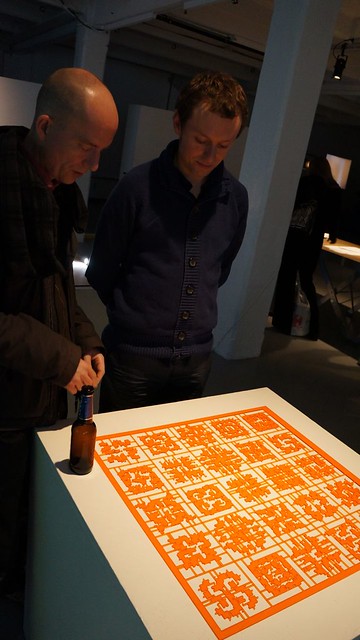
Generator.x 3.0 Opening. View on Flickr 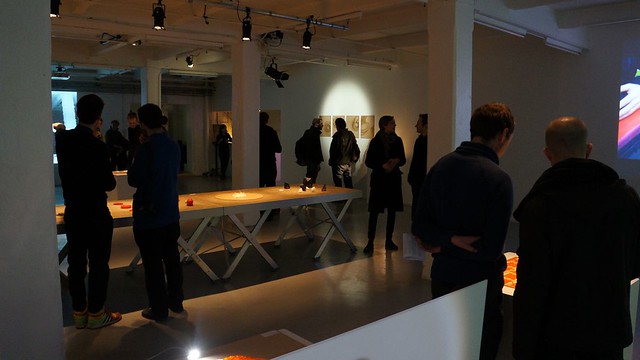
Generator.x 3.0 Opening. View on Flickr 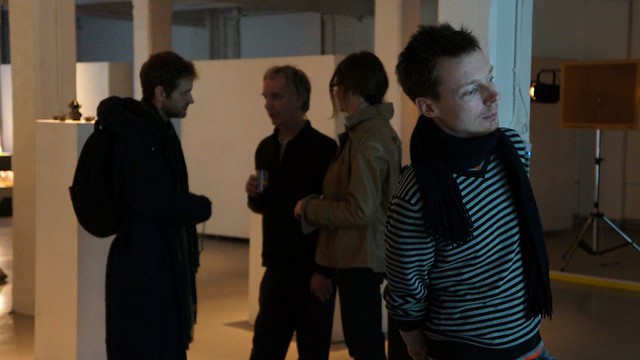
Generator.x 3.0 Opening. View on Flickr 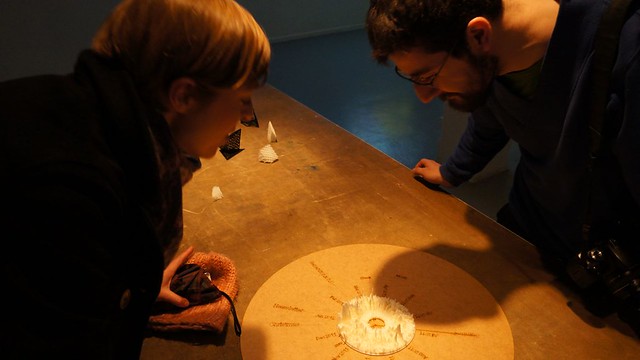
Generator.x 3.0 Opening. View on Flickr 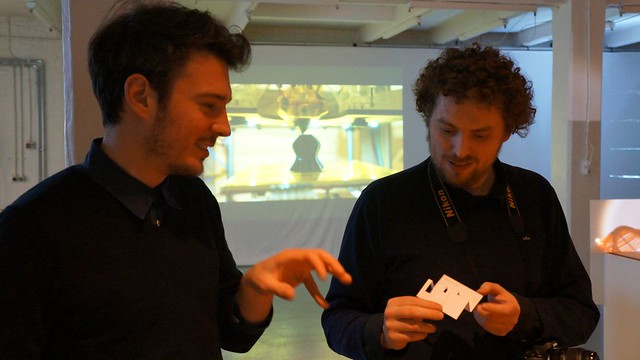
Generator.x 3.0 Opening. View on Flickr 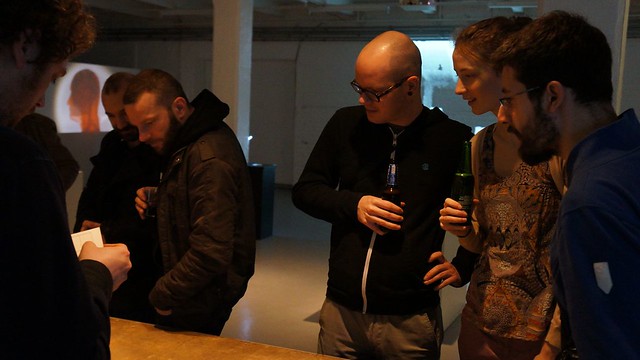
Generator.x 3.0 Opening. View on Flickr
Pictures by Marius Watz, mostly from Generator.x 2.0 and his Makerbot residency
Credits
With the support of the Commission communautaire française (Cocof), the Wallonia-Brussels Federation, the Brussels-Capital Region and our sponsors Hackable-devices (Paris and Ghent) and i.materialise (for their Magics software). Thanks to FabLabXL of the Engineering High School Erasmus of Brussels (Anderlecht) for machine time and materials.
In collaboration with LAb[au] on the occasion of the exhibition Marius Watz: Mark Making at MediaRuimte
(29.02 > 31.03.12).
Exhibition
February 25-26th, 12:00-18:00
Opening on Friday 24th, 18:00
Free entrance!
Workshop / Production Lab
February 18-24th
Workshop Fee : 50€
(weekend lunches + drinks included)
Registration closed
Follow work in progress on wikimal!
Location:
The workshop and exhibition takes place at iMAL:
30, Quai des Charbonnages/Koolmijnenkaai
1080 Brussels
BELGIUM
Parallel event in Brussels
Marius Watz: Mark Making
Exhibition at MediaRuimte
29.02 > 31.03.12
+ opening & concert 25.02, 20:00
activity
An archive : 1999-2010-2019
This page is an archive of the iMAL website that operated between 2010 and 2019. It compiles activities and projects made since 1999.
For our most recent news and activities, please check our new website at https://imal.org

